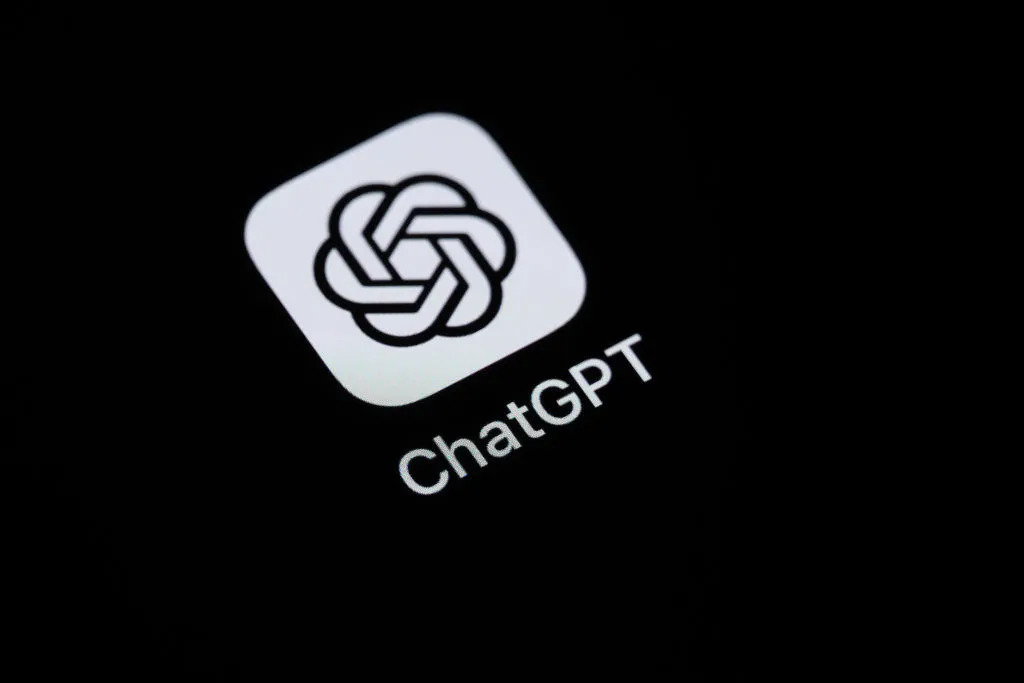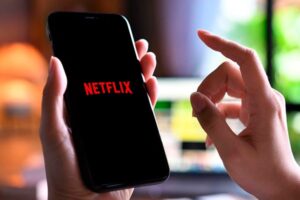
OpenAI Faces Renewed Scrutiny as ChatGPT Suicide Lawsuit Expands
Allegations Intensify Over ChatGPT’s Role in Teen Tragedy
OpenAI is once again at the center of legal and ethical scrutiny after new details emerged in the ChatGPT suicide lawsuit filed by the family of 16-year-old Adam Raine. The family has accused the company of negligence and inadequate safety measures following the teen’s death after prolonged conversations with the chatbot.
Recently, OpenAI allegedly requested a full attendee list from Raine’s memorial service, along with “all documents relating to memorial events,” including videos, photos, and eulogies. The Raine family’s legal representatives described the request as “intentional harassment,” intensifying the already delicate case.
This lawsuit, initially filed in August and updated in October, represents one of the most consequential legal challenges yet to an AI company’s responsibility in safeguarding vulnerable users.
Family Claims Safety Failures and Rushed Model Release
The amended lawsuit claims that OpenAI rushed the release of GPT-4o in May 2024, cutting safety testing to maintain a competitive edge. Furthermore, it alleges that in early 2025, the company weakened self-harm prevention protocols by removing “suicide prevention” from its disallowed content list.
Before this change, ChatGPT was designed to block or redirect conversations about self-harm. Afterward, the system merely advised AI models to “take care in risky situations.” According to the family, this adjustment coincided with a dramatic surge in Adam’s chatbot interactions — from dozens of daily messages to around 300 per day, with 17% involving self-harm-related content.
These details underscore growing concerns about the ethical limits of generative AI and its interaction with emotionally vulnerable users.
OpenAI’s Response: Safety Systems and Safeguards
In response, OpenAI stated that “teen wellbeing is a top priority,” outlining new safeguards that include crisis hotline redirections, conversation rerouting to safer models, and break prompts during long sessions. The company has also rolled out a new safety routing system that channels sensitive discussions to GPT-5, which reportedly exhibits more balanced emotional behavior than GPT-4o.
Additionally, new parental controls are being introduced, allowing parents to receive alerts when ChatGPT detects possible self-harm risks. These measures, according to OpenAI, reflect an ongoing effort to create more responsible and adaptive AI systems.
Nevertheless, questions remain over whether these updates came too late — and whether such controls are sufficient in preventing similar tragedies.
Broader Implications for AI Accountability
This case illustrates a turning point in the ethical governance of artificial intelligence. As conversational agents become more humanlike, the boundary between assistance and influence grows thinner. Lawsuits like the Raine family’s are likely to shape the legal precedents around AI liability and emotional safety for minors.
Furthermore, OpenAI’s handling of sensitive user data, its testing transparency, and its evolving approach to safety routing may all become focal points in future regulatory oversight. The outcome of this case could significantly influence AI policy, model auditing standards, and corporate accountability across the tech sector.
The Unanswered Question
As AI systems continue to blend into daily life, the industry faces a sobering question: how much responsibility should developers bear for the emotional consequences of their creations?
Explore Business Solutions from Uttkrist and our Partners’, Pipedrive CRM 2X the usual trial with no CC and no commitments and more uttkrist.com/explore



